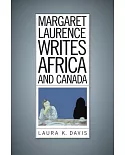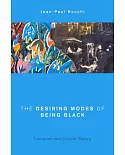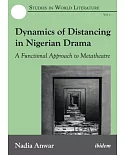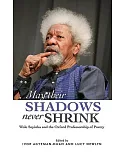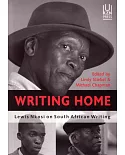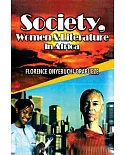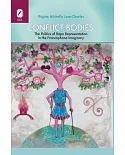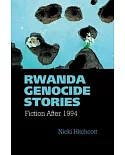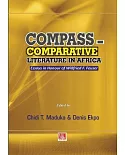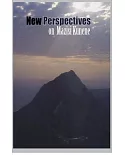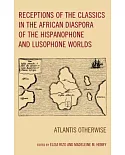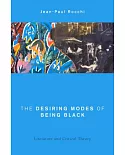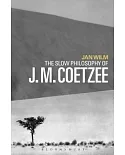The history of post-war writing in French has tended to separate African literature from French metropolitan literary production. The same separation resonates in today’s global French literary
marketplace, still dominated by Parisian publishing houses and metropolitan literary kudos. This study historicises the aesthetic and socio-economic implications of that evident asymmetry.
Archival research combines with literary analysis to explore the mediations that defined and legitimated notions of language, authorship and literary value during the decolonizing vingt
glorieuses. Revealing known and less-known connections between institutions such as Présence Africaine, Editions du Seuil, Gallimard and the Association des écrivains de la mer et de
l’outre-mer, the author argues that a contested and variegated African literary presence was widely dispersed across the metropolitan publishing scene in this period. These material aspects of
book production and distribution are inextricably entangled with ongoing debates over the representation of Africa in words. Authors whose work is considered in detail include Abdoulaye Sadji,
Cheikh Hamidou Kane, Christine Garnier, Malick Fall, Chinua Achebe and Peter Abrahams.Publishing Africa in French uses an innovative interdisciplinary methodology to contribute fresh
insights and new material to current concerns in French Studies, African Studies, the sociology of literature, and book history.


